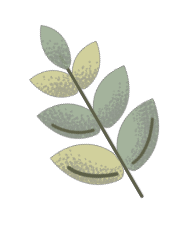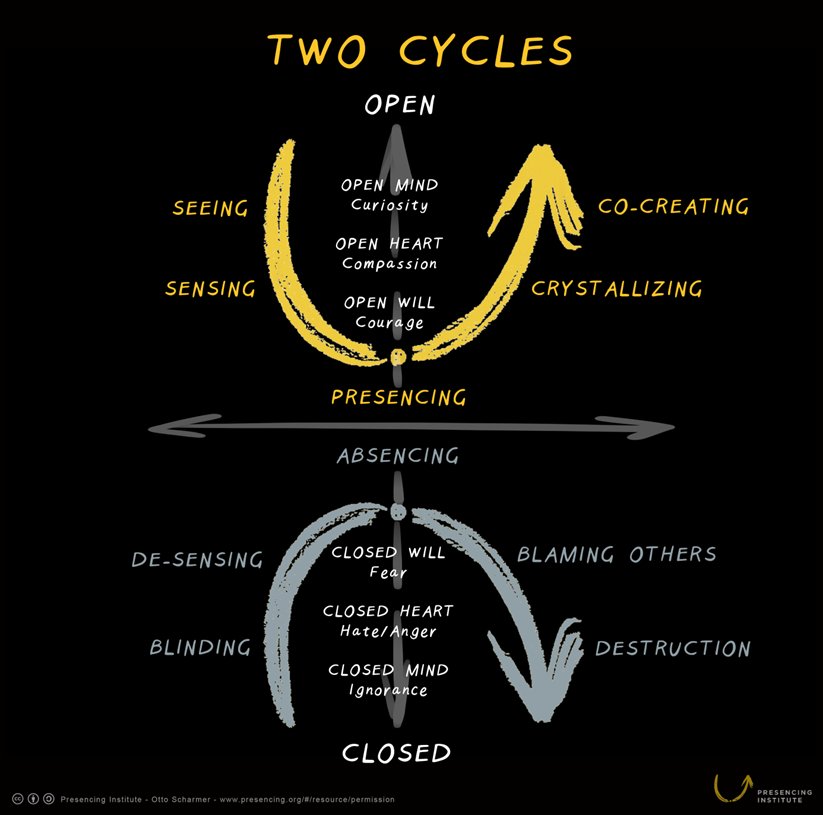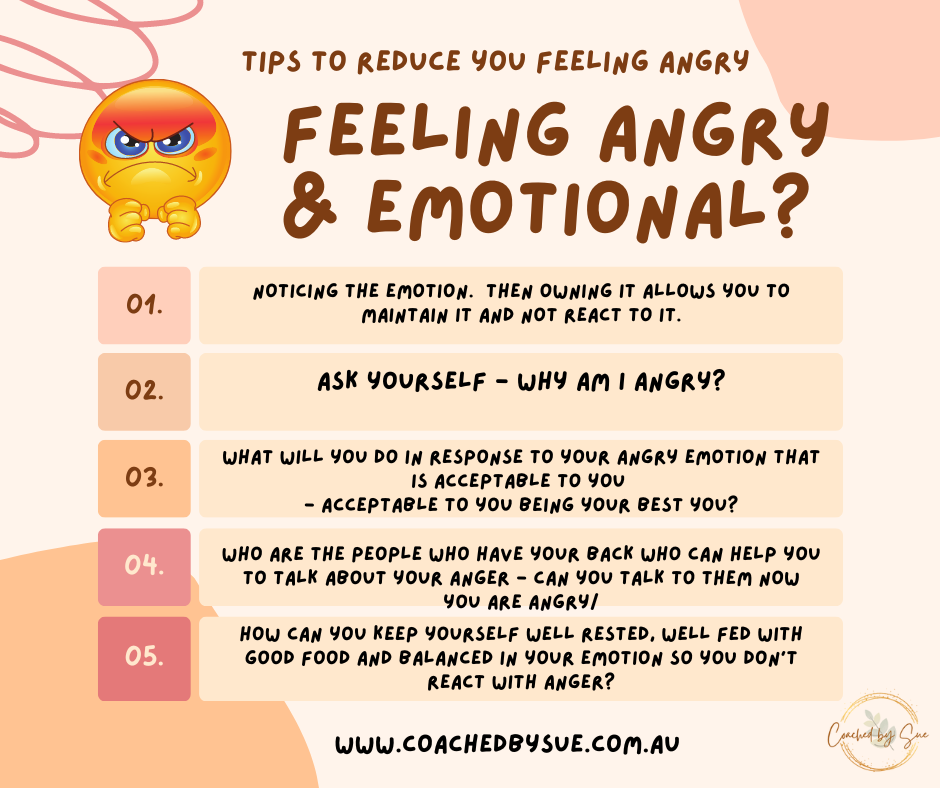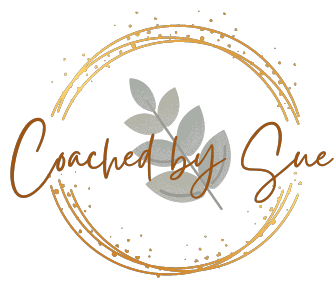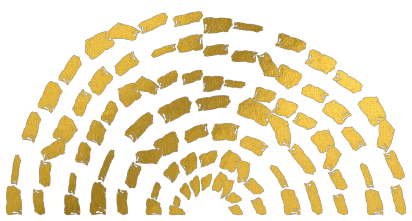Reflection vs. Rumination
During a workshop last week, Reflection vs. Rumination was discussed. An excellent discussion of definitions arose, which challenged people in the room to think about which one they do the most.
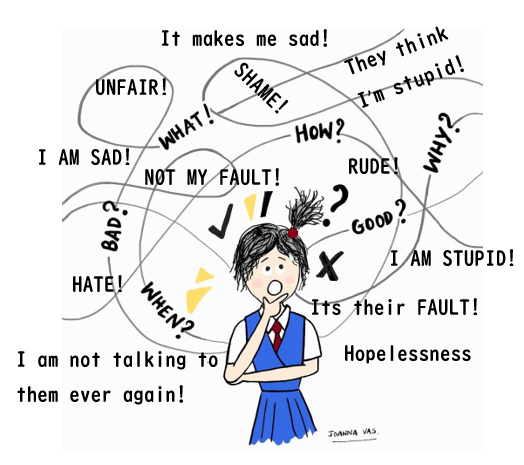
Reflection was stated as an active and intentional process of becoming conscious of and understanding our experiences to learn from them for the future. You may reflect with guided questions that follow well-researched cycles such as the ERA cycle, Bortons model, Driscolls's or Kolb's Experiential cycle. See more at Models of reflection you can use | Reflective Writing Tips .
Rumination, by contrast, is a simple version of reflection; however, it can lead us to dwelling on our version of a story (past or present). When we dwell and look at the version of our story from our perspective it can have adverse effects on our of well-being. Van Woerkom describes the harmful effects of ongoing rumination as blocking us from taking action in life; loss of spontaneity in the current world as the negative view of self continues; pessimism of your world; and falling into a bottomless pit of churning negative thoughts (2010). Kukla describes it as falling into mental traps like continued thinking about a question that cannot be answered by a lack of data and perspective views from others involved in the story being dwelled on (2010).
In rumination, thinking is uncontrolled; it does not lead to a resolution; it keeps cycling and holding us in where we are. It can undermine our everyday function if we are not aware of it.
How can you know if you are a ruminator?
Dr Tasha Eurich has developed a self-awareness tool based on the work of Trapnell and Campbell (1999).
Go to this blog and do the test; (28) How to Know if You're a Ruminator - and What to Do About It | LinkedIn
Once you understand how much ruminating you are doing, you can then decide on how to take control back of your thinking.
If you would like to talk more about this, Let's Talk! https://www.coachedbysue.com.au/
Be the 'The Master of your Destiny'!
We only get one life – make it the best one for you 😊
References
Kukla, A. (2007). Mental traps: Stupid things that sane people do to mess up their minds. New York: McGraw-Hill.
Lengelle, R., Luken, T., & Meijers, F. (2016). Is self-reflection dangerous? Preventing rumination in career learning. Australian Journal of Career Development, 25(3), 99-109.
Steiner, G. (2009). Waarom denken treurig maakt: Tien (mogelijke) redenen. [Why thinking makes sad: Ten (possible) reasons.] Kampen: Klement.
Trapnell, P. D., & Campbell, J. D. (1999). Rumination-Reflection Questionnaire [Database record]. APA PsycTests. https://doi.org/10.1037/t07094-000
Van Woerkom, M. (2010). Critical reflection as a rationalistic ideal. Adult Education Quarterly, 60(4), 339–356. http://dx.doi.org/10.1177/0741713609358446
